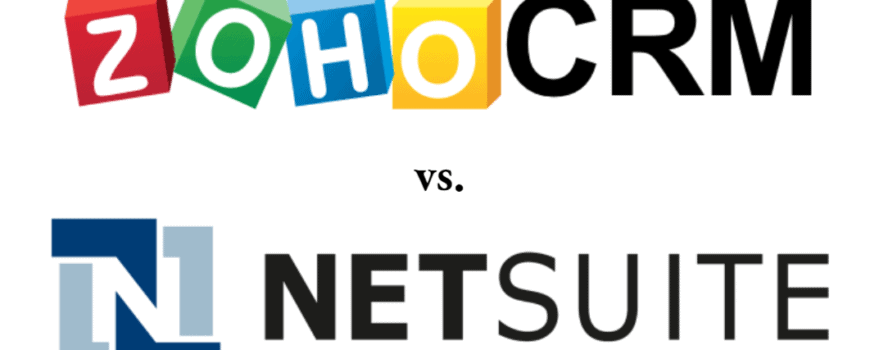In this article, we’ll look at how to solve business problems around three common issues we’ve seen impact others in your industry and share some ideas that have been successful for them. Zoho solves business problems for many types of businesses, but Distribution and Manufacturing by the nature of their industry are especially suited for the use of Zoho CRM and other Zoho applications.
You might spend time trying to solve for traveling work orders, time tracking, asset management, RMA and MRP requirements. If you’re encountering them, these problems can take up a lot of time and inhibit innovation.
You’d rather be focusing on hard numbers, actionable steps, and measurable KPI efforts like:
- operating efficiency
- utilizing capacity to the fullest extent
- keeping a keen eye on profitability
- working to ensure that your shipping is staying on time
These days you may also be looking for even more in-depth functionality in order to do more with existing resources, including redeploying talent, improving productivity, and shifting operations. Let’s take a closer look at three problems in manufacturing and distribution that Zoho can help you solve.
Crushing Lean Manufacturing Goals? We’ve Got Solutions!

Zoho Inventory helps here:
- So you can manage inventory in multiple warehouses.
- It integrates with Zoho CRM and Zoho Books to automatically sync contacts and your orders.
- You get a few steps closer to the financial data you need, while addressing lean wastes of waiting and extra processing.
Zoho Inventory not cutting it? No sweat, tools like FieldTech have been produced for more robust ERP requirements using Zoho Creator for things like inventory management, and to optimize your production routing.
These ideas scratch the surface of the data you can access with the Zoho ecosystem. How else could organized and actionable data provide information to help guide your lean manufacturing efforts as you solve business problems you encounter?
Problem 2: Forecasting for your business is a foggy endeavor

Zoho Inventory provides data-driven insights to help you understand your customers in a meaningful way. You gain a more accurate forecasting for production material needs.
Add Zia’s prediction tool in Zoho CRM to take advantage of key business indicators such as the likelihood of a lead converting to a deal, revenue forecasts, and how likely a site visitor is to purchase. Zia predictions can be implemented for both standard and custom modules so your business can take advantage of this tool.
What predictors would be most meaningful for your organization?
Creating a prediction using Zia is relatively straightforward, but you can also work with a ZBrains Zoho Certified Consultant to get a head start on taking advantage of your data.
Finally, in addition to predictions, Zia also looks for trends. Using the data you have, Zia relies on past experiences to offer predictions. Receive alerts for spikes or dips without having to check on a dashboard daily. Decide if you want notifications about leads, contacts, deals, tasks, events, calls, email, or something different depending on the components you select for Zia to watch.
Having the power to forecast and even predict business events in distribution and manufacturing is essential to smooth operations.
Problem 3: You need solve business problems more quickly and spend more time on innovation

Naturally, this is where a business can cut even more of the lean wastes. They can spend money less on operations, and begin to excel. If you had the time, what innovation would you put into place immediately for your organization?
Having a plan to remain adaptable, and the visibility to metrics you need to communicate for success starts with information architecture. Zoho’s CRM and streamlined ERP solution to manage your inventory and orders, along with the multitude of possible integrations to fit your process is a great place to start your journey. Consider this change if you currently:
- Pay for several systems wherein a change to one affects the others resulting in development expenses.
- You manage multiple vendors, and spend a lot of time reiterating the same business needs and goals.
- Your teams are working from siloed data.
- Existing systems make global reporting cost-prohibitive and time consuming.
Start with a Zoho solution that gives end-to-end visibility to your organization. Quit struggling to track, report, and act on data. Finally start solving problems for good so you can achieve a better, leaner business.
Begin solving business problems for your manufacturing or distribution organizations with Zoho solutions. Don’t put it off any longer, contact us for an assessment that’s geared specifically to your business – our ZBrains team of Zoho Certified Consultants are eager to help!






